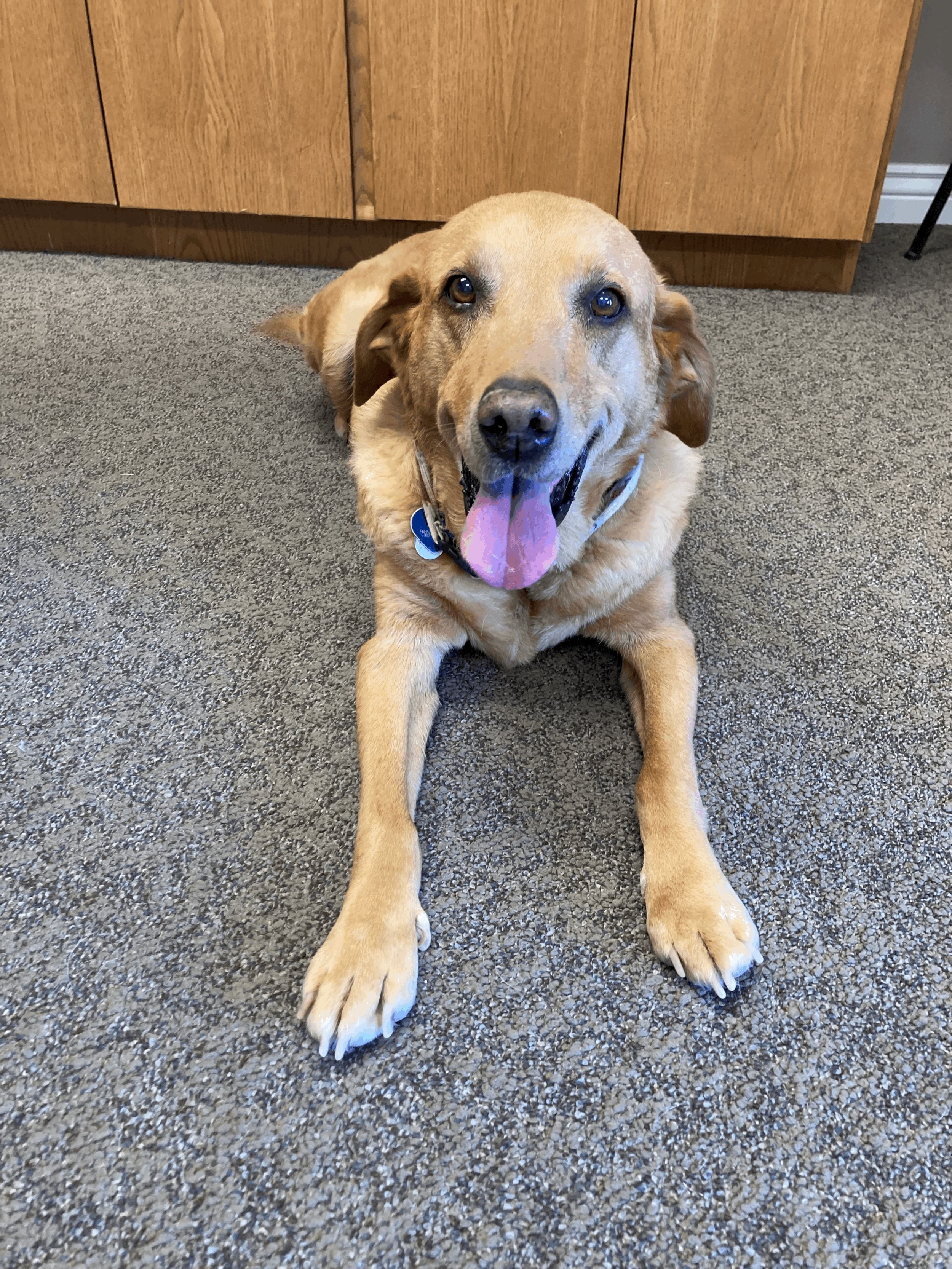Conditions We Treat
Click on the underlined links to learn more about each specific condition
Orthopedic: Non-Surgical Management
In some situations surgery may not be the best solution for a pet, and many pets are not good candidates for a surgery. Fortunately, research studies have shown that many orthopedic conditions can be successfully treated with rehabilitation instead of surgery. Moreover, rehabilitation will improve the clinical outcomes for these pets.
Muscle & Ligament Strains & Spains
Neurologic
Rehabilitation is extremely beneficial for pets that are dealing with a neurologic condition. Therapeutic treatments such as acupuncture, hydrotherapy, and physical rehabilitation can speed the healing process and improve strength and functional mobility for many neurological conditions.
It is highly recommended to consult a veterinary neurologist prior to starting a rehabilitation program. They can assist you with your pet’s diagnosis and to determine the potential for surgery. If surgery is an option for your pet, veterinary rehabilitation can greatly assist with post-surgical healing and outcome.
Sports Medicine
Canine athletes and working dogs are especially prone to injury. This is because repetitive activity puts increased biomechanical load on soft tissues which can lead to strains and sprains. All canines, however, can succumb to these types of injuries. Maneuvers such as quick turns and jumping can become routine for our companion canines as they chase a ball or a squirrel.
Geriatric
Physical Rehabilitation has positive effects for all geriatric patients by improving their overall quality of life. Senior patients can receive maximum health benefits from a rehabilitation program which includes decreased pain and inflammation, increased daily function, improved joint mobility, as well as improved physical wellbeing.
Decreased activity tolerance
Hind leg weakness
Orthopedic: Post Operative
Rehabilitation therapy post-operatively improves functional outcomes for pets by expediating a return to normal function, providing pain relief, limiting disuse atrophy, strengthening soft tissues, and increasing range of motion. Veterinary rehabilitation is similar to human physical therapy which is traditionally prescribed post -surgery. It is becoming more a standard in the veterinary field as more research indicates that dogs are more likely to have an optimal outcome following surgery when enrolled in a formal rehabilitation program.
Cranial Cruciate Ligament Rupture
(TPLO, Lateral Suture, TTA, CBLO)
Hip Surgery (FHO, Hip Replacement)
Elbow Surgery (FCP, OCD)
Shoulder Surgery (OCD, Medial Shoulder Instability, Biceps Tendon Release)





